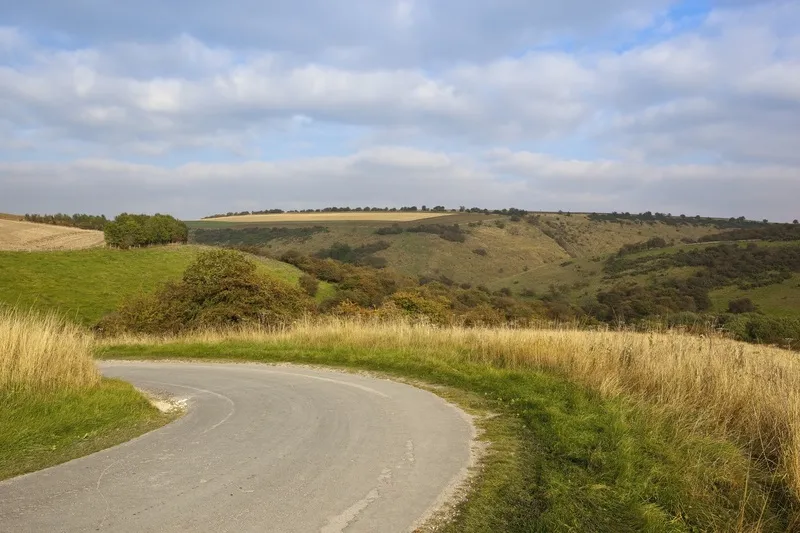The majority of people (66 per cent) would be uncomfortable travelling in a driverless car at 70mph, according to a new study of 2,053 members of the public, carried out by ICM Unlimited on behalf of the UK
The news follows last week’s announcement that the Government has awarded a contract to
According to the findings, younger people tend to be more accepting of the technology, with 45 per cent of 25-36 year olds saying they would be comfortable in a 70mph driverless car, compared to just 13 per cent 65-74 year olds and eight per cent of over 75s. Women tended to be more cautious about the technology, with 72 per cent saying they would be uncomfortable compared to 60 per cent for men.
The survey found that 50 per cent of the public think that humans are better drivers than computers/cars, despite the fact that 90 per cent of UK road accidents are the result of driver error.
While the survey also showed that there is reluctance by the public to allow people who are sight-impaired to be the sole occupant of a driverless car, with just 23 per cent saying this should be allowed, there was also very little acceptance for people who are intoxicated being responsible for a driverless car, with just 12 per cent saying this would be acceptable.
New study: public continues to be wary of driverless cars
The majority of people (66 per cent) would be uncomfortable travelling in a driverless car at 70mph, according to a new study of 2,053 members of the public, carried out by ICM Unlimited on behalf of the UK Institution of Mechanical Engineers. The news follows last week’s announcement that the Government has awarded a contract to TRL to test platoons of driverless lorries on major British roads by the end of next year. According to the findings, younger people tend to be more accepting of the technology, wi
August 30, 2017
Read time: 2 mins
Related Content











